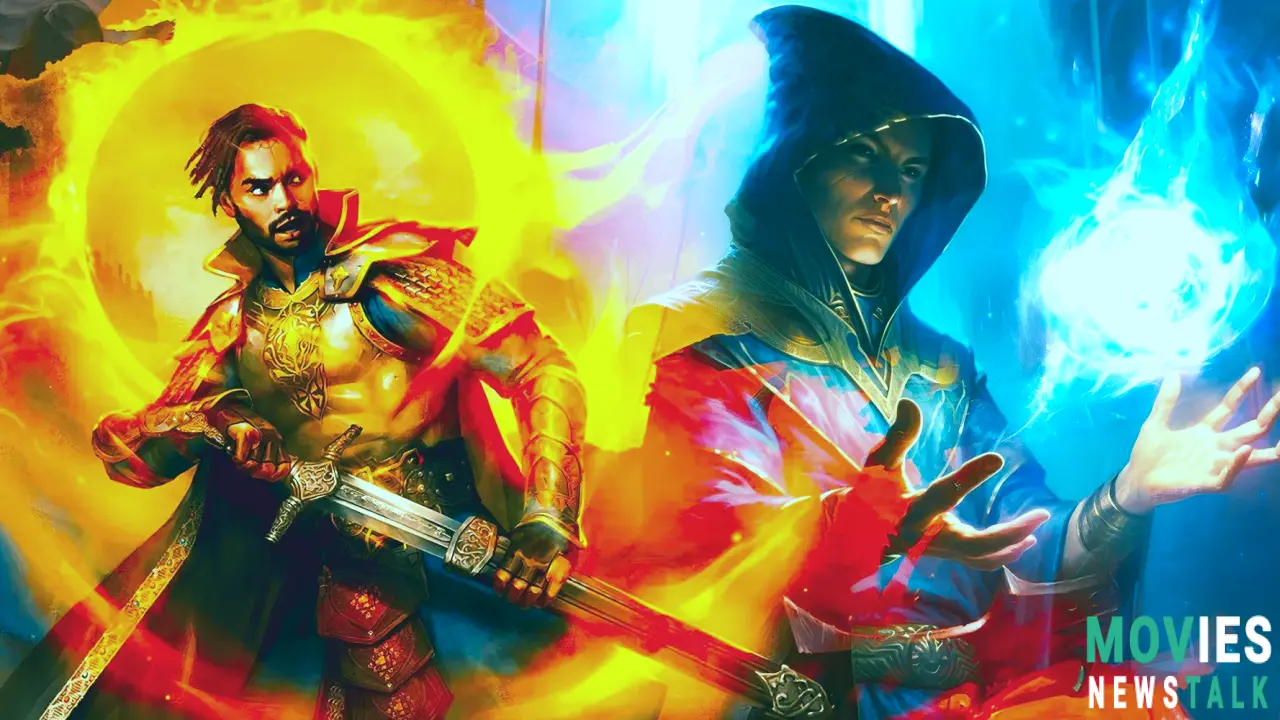D&D 2024 Player's Handbook: A Possible Split Between Martial and Spellcasting Schools
Veteran Dungeons & Dragons players will remember the belief that in the third edition of the game martial classes were less powerful than spellcasters. This apparent disparity spurred conversations and arguments among the D&D community; some worry that the divide might resurfaced in the next D&D rulebooks. Although it is too early to say with certainty, the playtest material suggests a possible difference between martial characters and spellcasters absent in the present 5th edition guidelines.
Dungeons and Dragons 3e: The ascent of spellcaster dominance
D&D 3e developed a system whereby spellcasters—such as Clerics and Wizards—were routinely thought to be far more powerful than martial classes like Fighter and Barbarian. This view resulted from the way martial classes mostly depended on stationary bonuses and abilities while spellcasting ability scaled in power with levels. This resulted in a situation whereby, especially at higher levels, some players believed that martial classes could not significantly help to contribute to combat encounters.
D&D 4e: One Unified Power Progression
The fourth edition of D&D defined different class roles and instituted a unified power progression system to handle this problem. This guaranteed that the game was much impacted by every class, regardless of their specialization. The 4th edition system stressed tactical gameplay and team synergy, thus all classes become essential for success in combat.
D&D 5e: A Turn towards 3e Mechanics?
Published in 2014, the fifth edition of D&D moved in some respects back toward the 3e design philosophy. Though they could be very helpful, martial classes in 5e sometimes suffered a power gap relative to spellcasters. The way Feats and spells were written and balanced helped to mostly explain this discrepancy.
The Part Feats and Spells Play in Power Balance
While martial classes mostly rely on Feats to improve their abilities, spellcasting classes in 5e basically get their power from the spells they have access to. Though usually emphasizing particular tactical advantages, spells—being naturally flexible and strong—can often offer more impactful solutions in combat and exploration than Feats. Particularly at higher levels, this difference in power source could cause martial classes to struggle to keep pace with the expanding power of spellcasters.
Possibility Affecting D&D 2024
The playtest data for the 2024 revised D&D rulebooks indicates that the current power dynamic between martial and spellcasting classes could be underlined more especially. Although it is still too early to make firm decisions, the design decisions used in the playtests could help to close the difference between these class types, so reflecting the issues expressed by players who encountered the 3e imbalance.
Juggling the Power Dynamic: An Appeal for Focus
There are major questions regarding the possible power disparity between martial and spellcasting classes in the 2024 D&D rulebooks. The designers of the game should give great thought on how their decisions affect the general game balance as they advance with development. Players have voiced their wish for a system whereby every class—regardless of their particular interests—may significantly enhance the gameplay experience. The designers should aim to build a system whereby both martial and spellcasting classes find their place, so guaranteeing a fair and entertaining experience for all.

